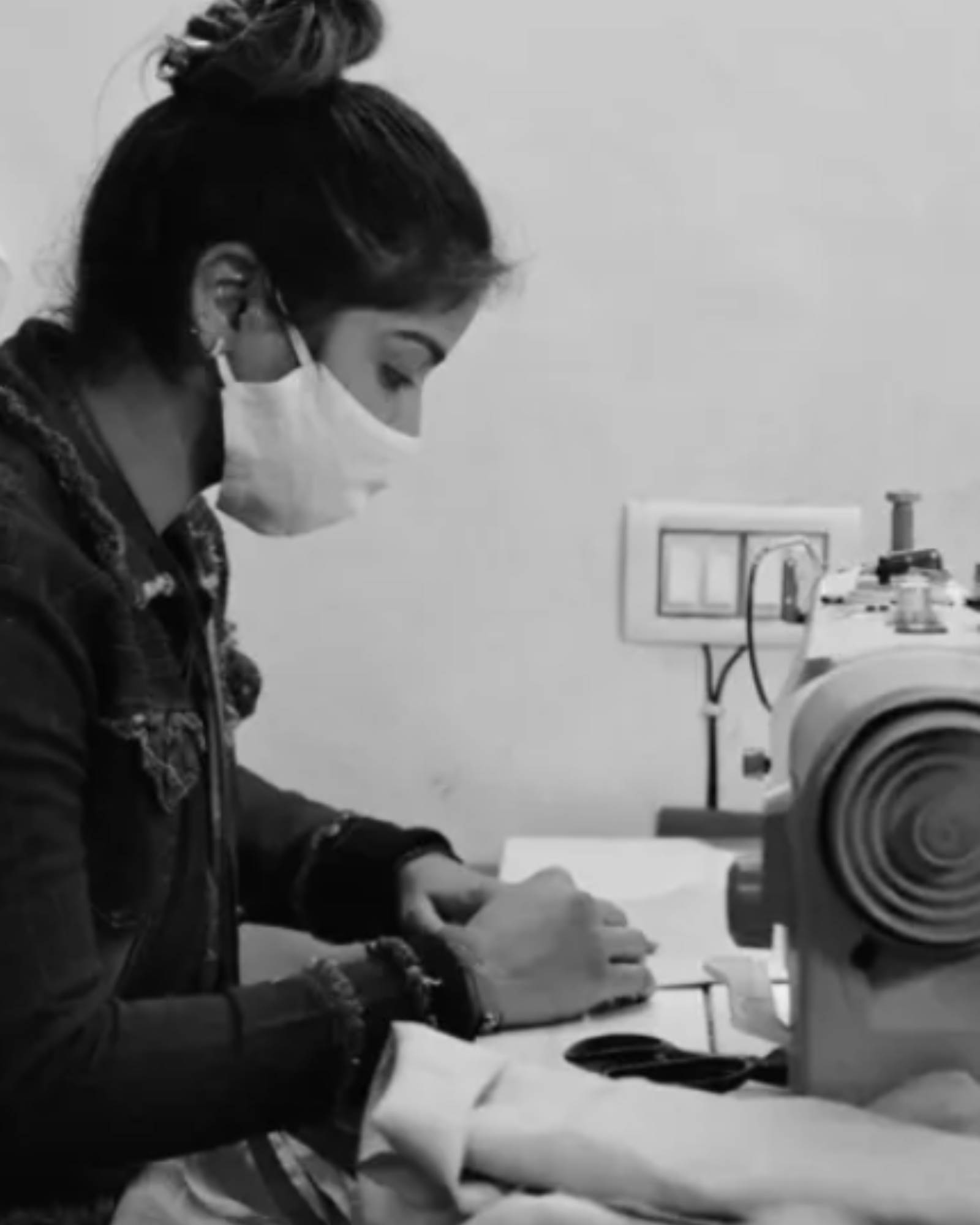Transforming the Fashion Industry: The Shift to a Circular Economy at Cloth & Co.
For decades, the fashion industry has operated on a linear model. Resources are extracted, transformed into products, used by consumers, and then disposed of — often ending up in landfills or incinerators. At Cloth & Co., we believe it's time to transition away from this wasteful model towards a more sustainable one: a circular fashion economy.
A circular fashion economy revolves around reducing waste and extending the lifecycle of clothing items. It prioritises regenerative practices, advocating for reduced resource usage, repurposing, reusing, and recycling materials. As a leading voice in sustainable fashion, we're excited to share how we're embodying these principles and leading the charge towards a circular fashion economy.

Cloth & Co's Commitment to the circular economy
At Cloth & Co., we're not only fashion enthusiasts but also ardent supporters of environmental conservation. Our operations prioritise the principles of a circular economy, with strategies focused on sustainable sourcing, producing quality clothing that lasts, and finding innovative ways to repurpose materials.
ethical and sustainable sourcing
Our journey towards a circular fashion economy starts with ethical and sustainable sourcing. We procure materials from suppliers who align with our values of conservation and sustainability. We prioritise organic, biodegradable, and renewable resources, significantly reducing our environmental footprint.
designing for longevity
Our clothing isn't just stylish – it's built to last. One significant aspect of a circular fashion economy is the longevity of products. At Cloth & Co., our design philosophy revolves around creating timeless pieces that defy fleeting fashion trends. We focus on durability and quality, helping our customers reduce their clothing waste.
innovative repurposing
Post-consumer waste is an inevitable part of the fashion industry. But in the circular economy, we see it not as waste, but as a resource. Cloth & Co. is continuously researching and developing innovative ways to repurpose or recycle used clothing, turning old garments into new, usable materials. Our partnership with Upparel encourages customers to return their used clothing, which can then be re-homed or recycled into new products.
POST-CONSUMER WASTE IS AN INEVITABLE PART OF THE FASHION INDUSTRY. BUT IN THE CIRCULAR ECONOMY, WE SEE IT NOT AS WASTE, BUT AS A RESOURCE.
THE BENEFITS OF A CIRCULAR FASHION
ECONOMY
Embracing a circular economy isn't just good for the environment; it also has significant benefits! By investing in quality clothing that lasts, consumers can reduce their environmental impact and often save money in the long run. They also gain the satisfaction of supporting a company that aligns with their values.
For us as a businesses always striving to do better, the circular economy offers opportunities for innovation. Finding new ways to reduce waste and leave a positive impact on our planet.



the future of fashion is circular
The shift towards a circular fashion economy is essential, given the urgent need to mitigate climate change and preserve our planet. At Cloth & Co., we're excited to be part of this movement and look forward to continuing to drive sustainable practices within the fashion industry.
While the transition to a circular fashion economy is challenging, it is also full of opportunities. By rethinking how we design, manufacture, and use clothes, we can create a fashion industry that values longevity, sustainability, and creativity over fast fashion and disposability.
Our commitment to the circular economy represents a significant step towards a more sustainable fashion future. We invite you to join us on this journey, supporting a more eco-friendly fashion industry by choosing Cloth & Co. for your sustainable fashion needs.
Let's redefine fashion together — creating style that lasts, reducing waste, and moving towards a future where our love for clothing doesn't come at the cost of our planet.
